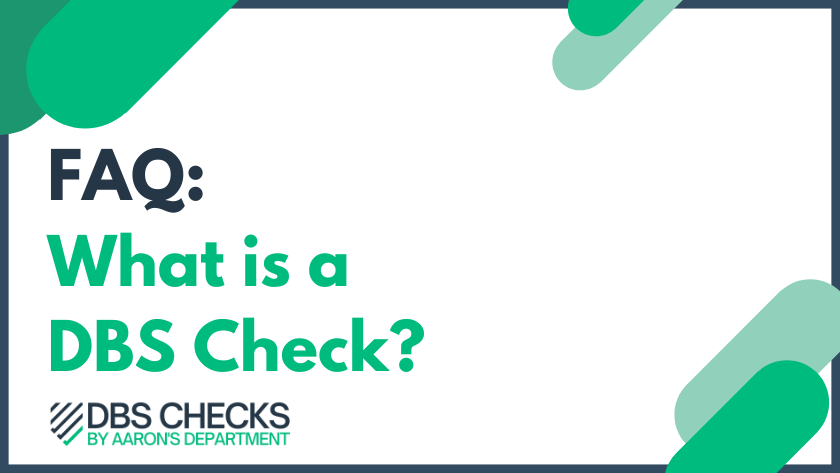What is a DBS Check?
A DBS check is a type of background check that is carried out in the UK to provide information about an individual’s criminal history. It is designed to help employers and organisations make informed recruitment decisions, particularly when they are working with children or vulnerable adults. Such activity is known as Regulated Activity, which you can read more about here.
DBS stands for “Disclosure and Barring Service” – this is the name of the governing body that performs the checks.
DBS checks were introduced in 2012 and replaced the previous Criminal Records Bureau (CRB) checks.
The Levels of DBS Check
There are three levels of DBS check: Basic, Standard, and Enhanced.
- A Basic DBS check provides information about an individual’s unspent convictions.
- A Standard DBS check includes details of spent and unspent convictions, as well as any cautions, reprimands, or warnings they may have received.
- An Enhanced DBS check includes all the same information as a Standard check, as well as any additional information held by the police that is considered relevant to the role being applied for.
Which Level Will You Need?
The type of DBS check required will depend on the nature of the role being applied for and the level of contact the individual will have with children or vulnerable adults. Some professions, such as teachers and healthcare workers, are legally required to undergo an Enhanced DBS check. Take a look at our page FAQ: Who Needs a DBS Check? for more detail.
